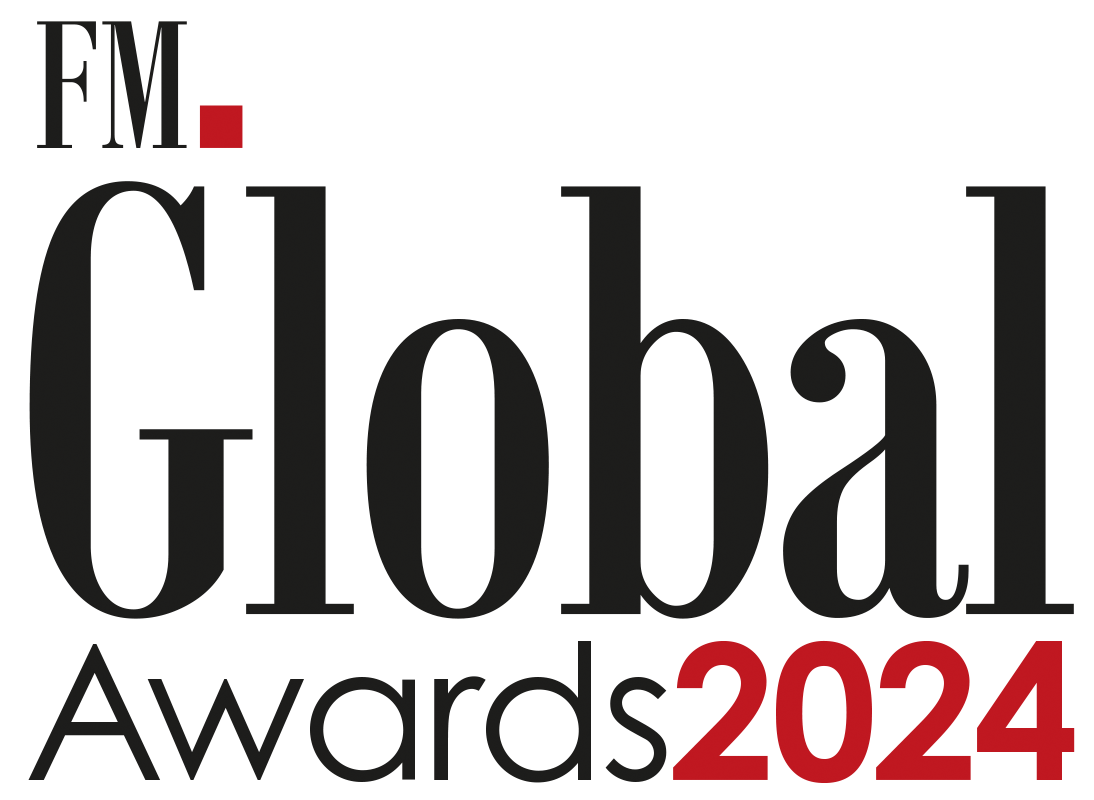Lilian, can you tell us about your journey to become the Fund Manager of Quintar Capital and how your experience and expertise in the Asian markets have shaped the company's approach to its key services, such as marketplace lending and private debt investments?
As the Fund Manager at Quintar Capital, my passion for Asian markets and expertise in private debt investments drive my journey. With prior experience at UBS in Global Wealth Management, catering to ultra-high-net-worth clients, I understand the unique investment needs of affluent individuals.
At Quintar Capital, I have gained extensive knowledge in private credit and trade finance, particularly in distressed and special situations private debt instruments. This expertise allows me to evaluate and structure investments in financially troubled companies or those undergoing significant changes.
My expertise in special situations shapes Quintar's investment approach to have a focus on risk management. We emphasize portfolio diversification as a risk mitigation strategy. By spreading investments across various platforms or issuers, industries, and geographies, we reduce the impact of any individual default or adverse event on the overall portfolio. Diversification helps to manage concentration risk and enhance the potential for stable returns.
Quintar Capital has a specific focus on family-oriented investments. What are the key criteria you use when assessing these investments? And what are the types of investment strategies you cover for family investors?
Quintar specializes in private credit and trade finance investments in the APAC region, with a particular focus on the commodity trade finance space. Our expertise in this area stems from our initial involvement as an investor through the management of a fund-of-funds' strategy. We have found this strategy appealing due to its low volatility and limited correlation with the broader market.
Building on this success, in November 2023, we expanded our offerings and acquired the management of a trade finance fund (Quintar Kimura Special Credit Fund, formerly known as Kimura Commodity Trade Finance Fund), engaging in direct lending to commodity traders. This move allows us to further capitalize on the opportunities presented by the commodity trade finance market.
In addition to our focus on trade finance, lending platforms are another target of our investments. These platforms serve as an effective tool for diversification within our portfolio. Typically, these platforms provide financing to small and medium-sized enterprises (SMEs) using invoices or receivables as collateral.
Furthermore, we actively seek investment opportunities on the equity side and engage in direct lending with an equity upside to prospective companies. Our investment strategy is aligned with mega trends, such as electric vehicles and the transition to a more sustainable future. For example, we invested in an electric vehicle infrastructure company that emphasizes vehicle-to-grid integration. This innovative approach allows EV owners to be paid by local electric utilities during peak hours of electricity usage, providing an additional revenue stream.
By combining our expertise in private credit and trade finance, our focus on diversification through lending platforms, and our alignment with future-oriented mega trends, Quintar delivers strong risk-adjusted returns while contributing to sustainable and impactful investments in the APAC region.
Considering the unique dynamics of family-oriented investments, how does your firm assess and manage the risk appetite for these investments, and what strategies do you employ to align these risks with the long-term goals and values of family stakeholders?
Quintar operates under the premise that we know exactly the investor's risk pocket we have been mandated to and that we need to stay flexible and agile to bring added value to our investors. Quintar is constantly on the lookout for niche investments, niche markets and unique opportunities, so far, we have achieved this nicely.
Given Quintar Capital's roots and connections with European financial institutions, how do these relationships influence your investment strategies, particularly in the context of Asian markets?
These relationships influence Quintar in the way that we need to evolve, need to continue to find special investment opportunities. Nobody is asking Quintar to build a listed equity portfolio, for that there are much better managers around. However, Quintar's relationships are asking for special opportunities that cannot be sourced by the box-standard asset or wealth managers.
Quintar Capital also offers trade finance investment services. Given the complexities and risks involved in international trade, particularly given the current shipping disruption around the Red Sea, how does Quintar Capital assist its clients in terms of risk mitigation? What finance instruments are available?
We now offer direct lending to commodity traders, expanding our support in trade finance. We acknowledge the increased volatility caused by geopolitical tensions and climate issues, which affect trading routes and commodity supply. There are new crises coming up every few months. Nonetheless, the similar nature of the crises makes them easier to manage.
To manage these challenges, we maintain strong borrower relationships, carefully select trades, and establish strong relationships, or even partnerships with finance players that have gone through the toughest of time, like the COVID-19 pandemic.
Our adaptive risk management approach enables us to effectively navigate uncertainties and disruptions in the trade finance space.
Could you share how your trade finance offerings and strategies have evolved in response to recent global economic changes?
We evolved our trade finance offerings and strategies in response to recent global economic changes, particularly during the COVID-19 pandemic.
Recognizing the challenges faced by traders in terms of limited working capital and disrupted cash flow, we took a dynamic approach to address these issues. Anticipating the need for extended loan restructuring and turnaround times, we implemented a strategy to purchase trade finance fund units at substantial discounts. In return, we receive future distributions from these funds when successful recoveries occur.
This investment strategy was specifically designed to capitalize on the unique opportunities presented during this special window of economic uncertainty. We are pleased with the returns generated through this approach, which has allowed us to support traders and benefit from their eventual recoveries.
By adapting our trade finance offerings and embracing innovative strategies, we have demonstrated our ability to respond to the evolving global economic landscape and provide valuable support to clients during challenging times.
Concerning private credit - Can you elaborate on the key advantages private credit offers to borrowers, particularly in comparison to traditional forms of financing, and how these benefits align with current market trends and investor appetites?
Private credit has become increasingly popular as investors seek diversification and stability. Unlike traditional financing, private credit offers lower sensitivity to market news and serves as a hedge against equity volatility. Quintar specializes in distressed/private credit, which exhibits low volatility and is counter-cyclical.
Furthermore, private credit's floating rate feature, tied to risk-free rates like SOFR, allows it to stay competitive during interest rate hikes. In contrast, fixed coupon bonds decline in value when rates rise. With the current high inflation and rising interest rate environment, private credit's ability to provide diversification, stability, and competitive returns aligns well with market trends and investor preferences.
What is Quintar Capital's approach to risk concerning private credit?
Private credit investments present similar risk factors to publicly traded fixed-income securities, but one notable risk is illiquidity. Unlike publicly traded securities, private credit investments often lack liquidity, making it challenging to sell or exit these investments quickly, especially in the absence of active secondary markets. This illiquidity can create difficulties for investors in accessing their funds when needed.
However, we have established a strong network within the private credit market, which allows us to provide liquidity to the market as needed. Therefore, illiquidity is not a concern for us. In fact, we leverage this advantage by strategically purchasing secondaries of trade finance fund units, enabling us to enjoy high returns by combining the illiquidity premium and credit risk premium.
By actively managing liquidity and capitalizing on opportunities in the private credit market, we navigate the challenges posed by illiquidity and maximize returns for our investors.
Finally, looking at the global economic trends, particularly in Asia, what are the strategic priorities for Quintar Capital in the next five years?
Private credit is a robust strategy in the US and Europe, but remains largely untapped in APAC. Asia's credit market has grown significantly, yet banks still dominate credit allocation. Quintar sees opportunities to fill this gap, especially in commodity trade finance. We provide capital to commodity traders through asset-backed loans, offering consistent returns with low correlation to credit spreads and interest rates. By leveraging our expertise in private credit and focusing on commodity trade finance in Asia, we aim to tap into the vast opportunities presented by the region's growing credit market and contribute to the financing needs of commodity market participants.


